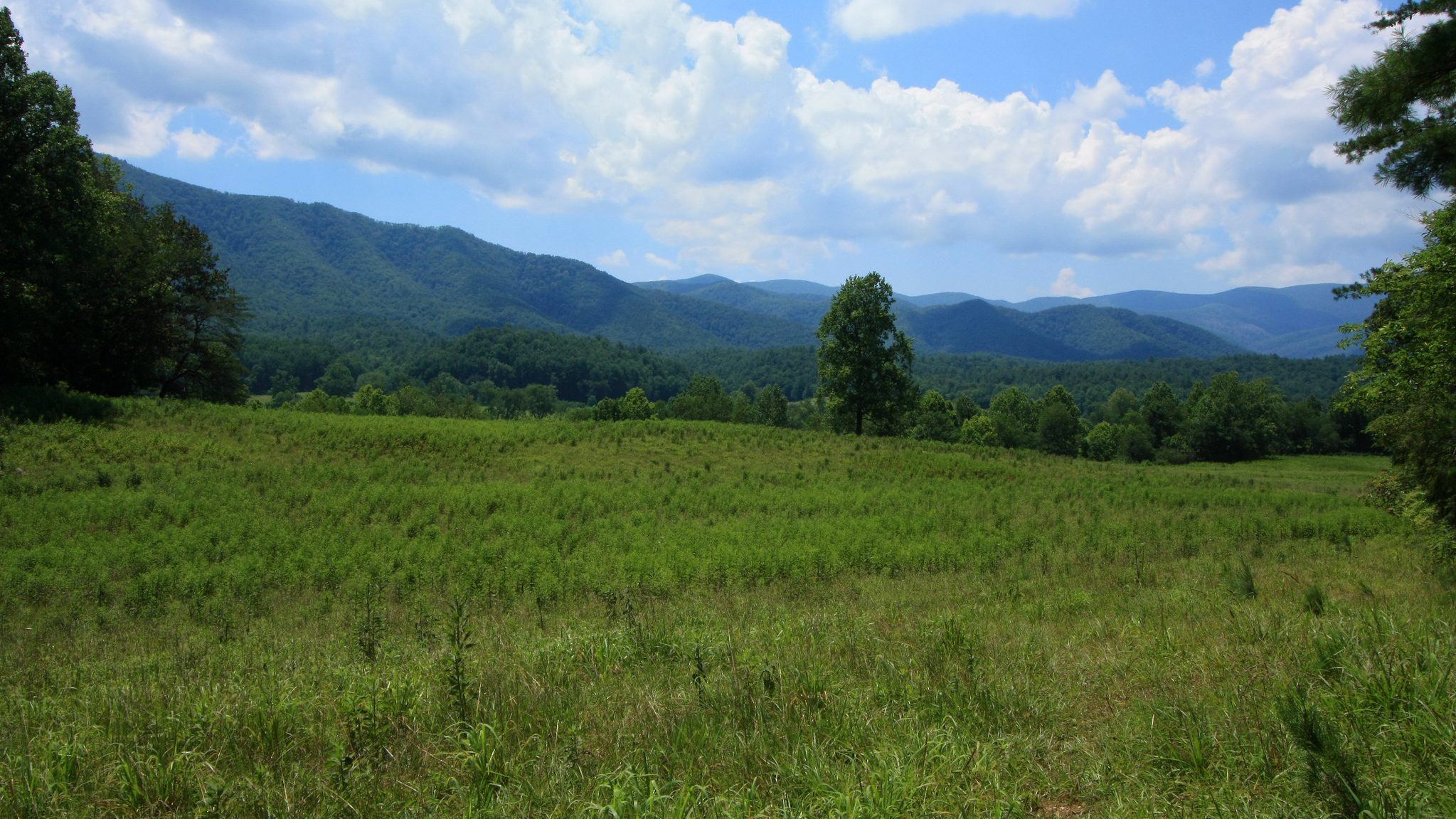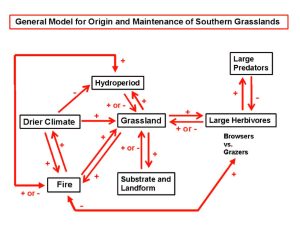SE CASC Report Provides a Framework for Species Status Assessments of Grassland Species

A team of SE CASC researchers led by Jennifer Cartwright (USGS Biologist) and Dwayne Estes (Southeastern Grasslands Initiative) and including SE CASC Deputy Director Ryan Boyles, published Science needs of southeastern grassland species of conservation concern—A framework for species status assessments: U.S. Geological Survey Open-File Report 2021–1047, available May 20, 2021. The report summarizes work supported by SE CASC project, Clarifying Science Needs for Southeastern Grasslands.

Grasslands are important to the biodiversity of the southeastern United States and face a range of threats. Owing to decades of fire suppression, land-use change, and other human activities, total reduction of southeastern grasslands is estimated at 90%, upwards to 100% for some grassland types. Emerging threats to grasslands include climate change and invasive species. In response to these threats, grassland managers and researchers from across the Southeast, led by the Southeastern Grasslands Initiative and the U.S. Geological Survey, organized a multi-stakeholder workshop in January 2020 to provide a scientific needs assessment for grassland species and communities of conservation concern in the southeastern United States. Workshop participants included managers and researchers from across the Southeast region, with diverse expertise on grassland conservation. Participants identified dozens of research priorities and gaps in scientific knowledge, organized into five categories: (1) habitat loss and fragmentation, (2) climate change, (3) changes to disturbance regimes, (4) invasive species, and (5) localized impacts. Through the structured workshop format and an extensive literature review, research priorities were contextualized to help inform the Species Status Assessment (SSA) process under the U.S. Endangered Species Act. This scientific needs assessment can help guide future research on southeastern grassland species and ecosystems to support effective grassland conservation.
Noss, R.F., Cartwright, J.M., Estes, D., Witsell, T., Elliott, K.G., Adams, D.S., Albrecht, M.A., Boyles, R., Comer, P.J., Doffitt, C., Faber-Langdoen, D., Hill, J.G., Hunter, W.C., Knapp, W.M., Marshall, M., Pyne, M., Singhurst, J.R., Tracey, C., Walck, J.L., and Weakley, A., 2021, Science needs of southeastern grassland species of conservation concern—A framework for species status assessments: U.S. Geological Survey Open-File Report 2021–1047, 58 p., https://doi.org/10.3133/ofr20211047.
- Categories:
